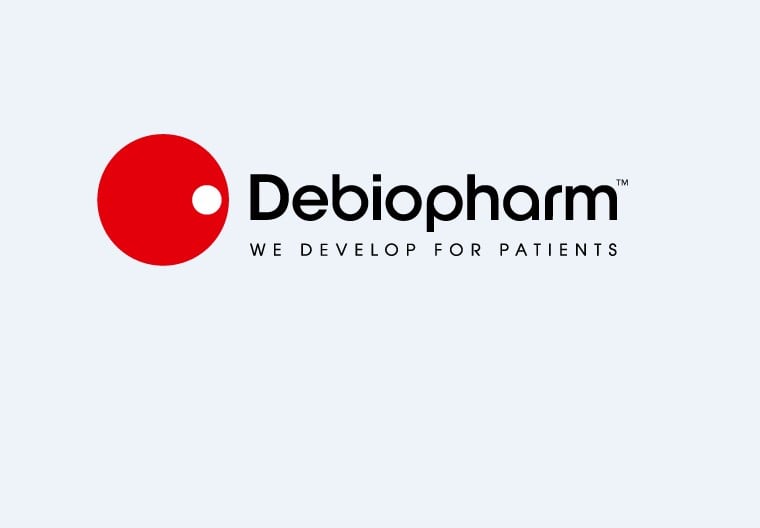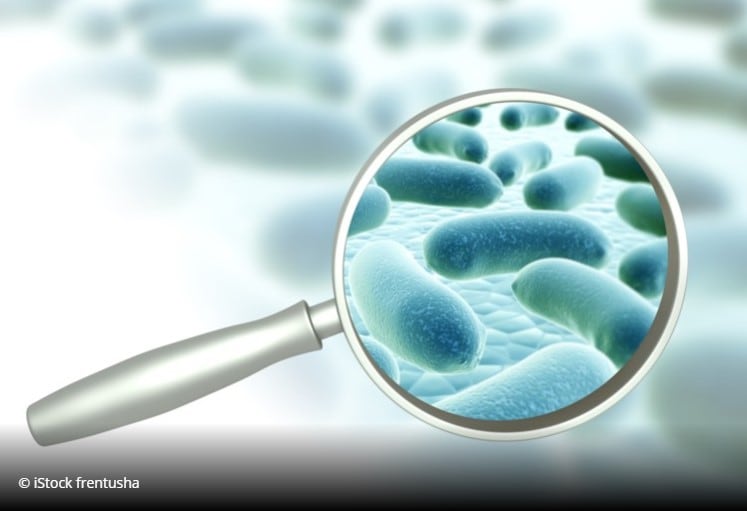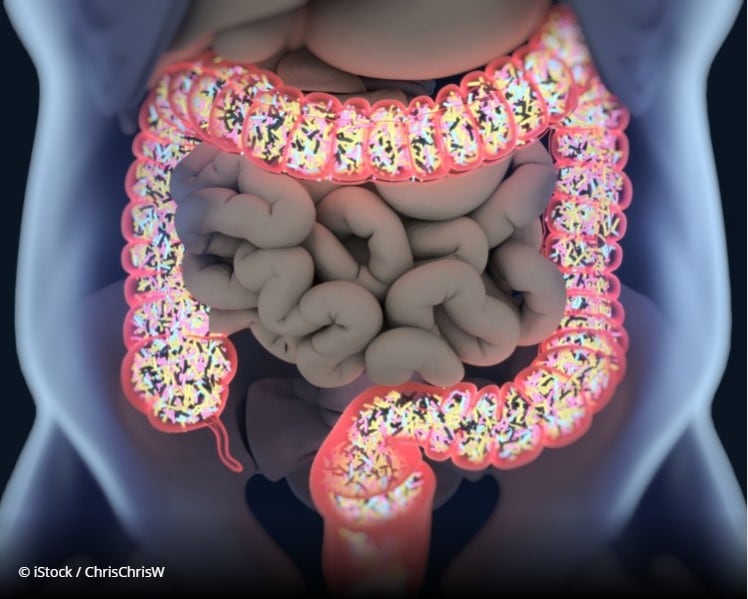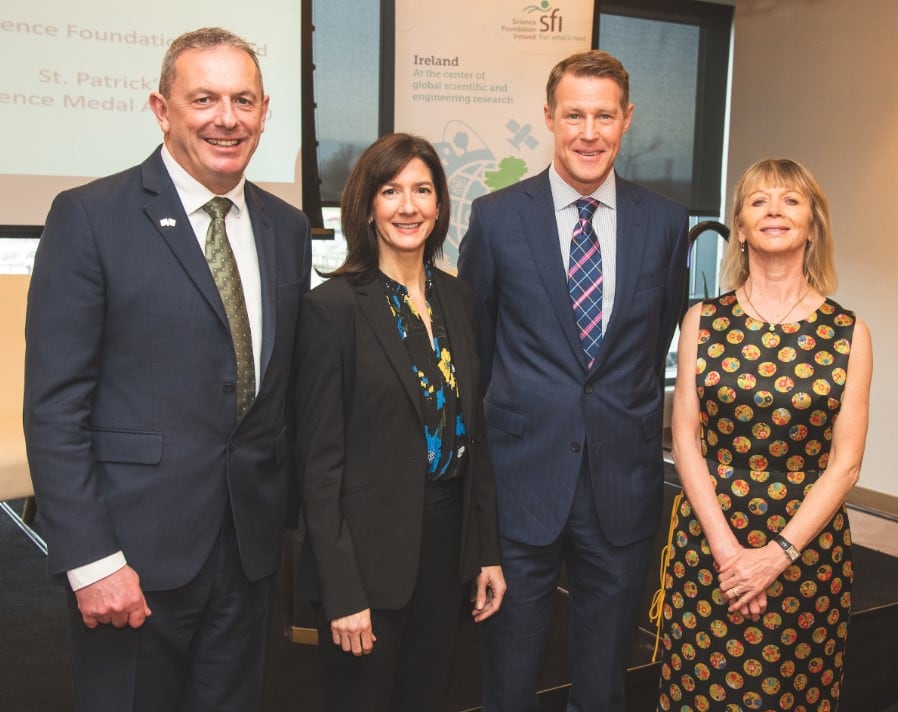The exclusive agreement sees the Swiss biopharmaceutical firm’s Debio 1454M research program take centre stage as Takeda will take identified compounds and further develop them to tackle Inflammatory Bowel Disease (IBD) and other GI disorders.
“We are thrilled about this new collaboration with Takeda for our microbiome remodelling program, as we will gain more insights into how this novel class of compounds can potentially be used to help patients with chronic inflammatory gut diseases such as inflammatory bowel disease,” says Bertrand Ducrey, CEO at Debiopharm.
“This program could represent a real breakthrough for patients, while minimising the potential for treatment resistance via its specifically targeted mode of action.”
Further terms of the agreement see the partners evaluating drug candidates for their efficacy against specific disease-causing microorganisms while preserving the natural balance of the microbiota.
Currently in drug candidate identification stage, the Debio 1454M program focuses on novel, narrow spectrum, microbiome remodelling agents that target a combination of intestinal disease-causing bacterial species.
Drug candidates will be evaluated for their effectiveness against specific disease-causing microorganisms while preserving the natural balance of the microbiota.
Building R&D partnerships
“Over the past five years, Takeda has built a leading network of R&D partnerships to leverage the cutting-edge understanding of the gut microbiome in promoting mucosal homeostasis and the role of pathobionts as potential disease drivers,” says Gareth Hicks, head of the GI Drug Discovery Unit at Takeda.
“We are excited to invest further in microbiome research as we work with Debiopharm to explore the potential for this highly innovative program to provide improved treatment opportunities for patients with chronic GI inflammatory disorders.”
For Takeda, a Japanese multinational pharmaceutical firm, its agreement with Debiopharma serves as another venture into the live biotherapeutics realm, specifically the gut and microbiome.
Takeda took the decision at the end of 2019 to expand its collaboration with US-based Finch Therapeutics Group that is developing microbiome-based therapeutics to target IBDs such as Crohn’s disease.
The year before that saw Takeda splash out €44m to co-develop Enterome Biosciences’ early-phase Crohn’s disease candidate EB8018, a small molecule designed to treat gastrointestinal disorders.
Biotech and pharma’s foray into microbiome-based therapies have been gathering momentum for some time now as the two industries look to partner with early innovators in this space.
Along with Finch Therapeutics and Enterome Bioscience, companies making headway include Rebiotix, Seres Therapeutics, Vedanta Biosciences, Axial Biotherapeutics, Kaleido Biosciences, Assembly Biosciences, Evelo Biosciences and Microbiotica.
Microbiotica was the subject of a multi-year collaboration deal back in 2018, when Genentech, a Roche company, entered a €472m deal to use its gut bacteria metagenomics platform to examine samples from Genentech’s IBD trials.
Food, drink and the gut
Meanwhile multinationals in the food and drink space have also taken note with Nestlé Health Science striking deals with Codexis, Enterome and Caelus Health.
Further collaborations include one formed with Danone Nutricia Research and University of California San Diego Center for Microbiome Innovation (CMI) at the start of 2019.
The agreement sees the two parties work on further understanding the connection between the diet and human gut in The Human Diets & Microbiome Initiative (THDMI)
Here, the partners will collect human microbiota samples across different countries for mapping the Human Microbiota with a more global population representation and to a higher sequencing resolution.
The THDMI also looks to improve on the collection of the participants’ corresponding diet habits to increase the knowledge of the microbiome’s impact on human health, with an ultimate goal to develop nutritional tailored solutions for a healthy gut.




